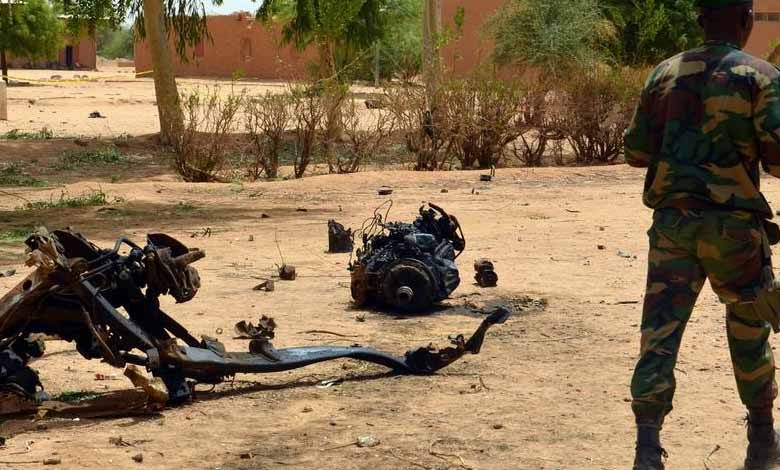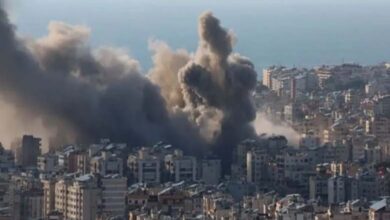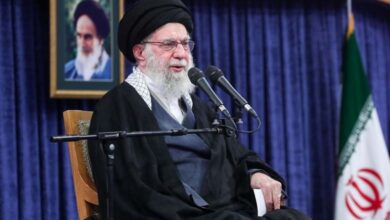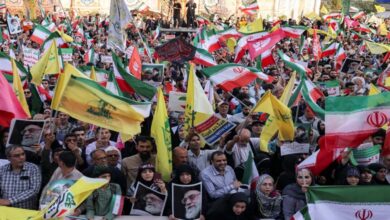Senegal and the Threat of Terrorism

The UK travel advisory has extended its travel warning to West Africa to Senegal, due to the risk of terrorism, as France has done before.
The French authorities have warned their nationals not to take the necessary security measures on the borders with Mali and Mauritania. The United Kingdom has gone a little further in detecting the possibility of terrorists attempting to carry out attacks in Senegal, stressing that a visit to the more than 400 kilometers bordering Mauritania and 40 Mali border area must be avoided, as there may be members of the terrorist group Nusrat al-Islam wal Muslimin in the Sahel region of Africa.
According to a United Nations report released earlier this year, Jama’at Nusrat al-Islam wa al-Muslimin established a presence inside Senegalese territory near the border with Mali and Mauritania in the Bakkal region and the Ferlo Reserve, and has local support.
Based on the information received, it appears that the terrorist threat comes from outside Senegal, but has an extension and internal support cells as well. At the end of last April, the trial of some of the terrorists, most of them Senegalese, concluded in a sign that the country is also suffering from this scourge at home.
Through trial, the terrorist activities of the convicts were exposed. These included Boubacar Dianco, Al-Maarouf bassem, Al-Imam Ndaw, a native of Dakar, and four other terrorists on charges of association with a terrorist group, money laundering, counterfeiting and financing terrorism.
Boubacar Nyangadou and Sena Ould Sidi were arrested between 2016 and 2017 in Senegal in connection with the terrorist attacks in Ouagadougou in Burkina Faso (January 2016) and Grand Bassam in Côte d’Ivoire (March 2016). Their role in Senegal was to launder money and run logistics for Jama’at Nusrat al-Islam wal Muslimin. The mastermind of these attacks, Mohamed Ould Nouini, was a former leader of Jama’at Nusrat al-Islam wal Muslimin who was killed on 14 February 2018 in Mali.
Boubacar Dianko maintained a friendly relationship with the former “emir” of the Movement for Unity and Jihad in West Africa, Hamada Ould Mohamed Khayre, who came to visit him in Gao, Mali, and received funding from him.
Court proceedings also revealed the presence of persons recruiting young Senegalese men since 2014 to emigrate and join groups in Libya or Nigeria. They managed to deceive about 30 young men, most of whom traveled to the Libyan city of Sirte, while the others traveled to northern Nigeria to establish a mandate for the ISIS terrorist group between Senegal, Gambia and Guinea.
Apart from domestic terrorists, Senegal has served as a transit point for foreign fighters. Last January, Spanish police arrested three IS members who had entered illegally from Algeria. Among them was Marouane, an Algerian terrorist who had fought in Syria and returned to the Sahel region, where he fought alongside al-Qaeda in the Islamic Maghreb and took refuge in Senegal and from there via Mauritania and Algeria, where he contacted ISIS affiliate Jund al-Khilafah with the intention of carrying out an attack in Europe.
Another case involves a German al-Qaeda member, Auerbach Marius Falk, who was arrested in May at Senegal’s Belize Diane airport and handed over to Germany. Knowing all this information about foreign terrorists who passed through Senegalese territory, it is very difficult to believe that they did not receive support from within the country.
There are also deportations to Senegal, such as that of Senegalese imam Mohamed Lamine Diop, Al-Maarouf Bassem Abouhatem, who was expelled from Spain last February on terrorism charges. When he arrived in Dakar, he was not arrested, as he was considered only a deportee. He gave a speech at a mosque in Kalahorra and was also accused of receiving funding from the Islamic Heritage Revival Society, which in 2008 was added to the U.S. Treasury Department’s list of terrorist financing activities for al-Qaida.
To date, Senegal has not suffered a terrorist attack, as it is used as a logistical base. As has been shown, if Senegal has survived terrorist operations, this is not because there are no terrorists in the country. Recently, Dakar decided not to wait for terrorists to carry out their operations in the country, preempting this by sending troops to the UN mission in Mali – a move that angered al-Qaeda.












